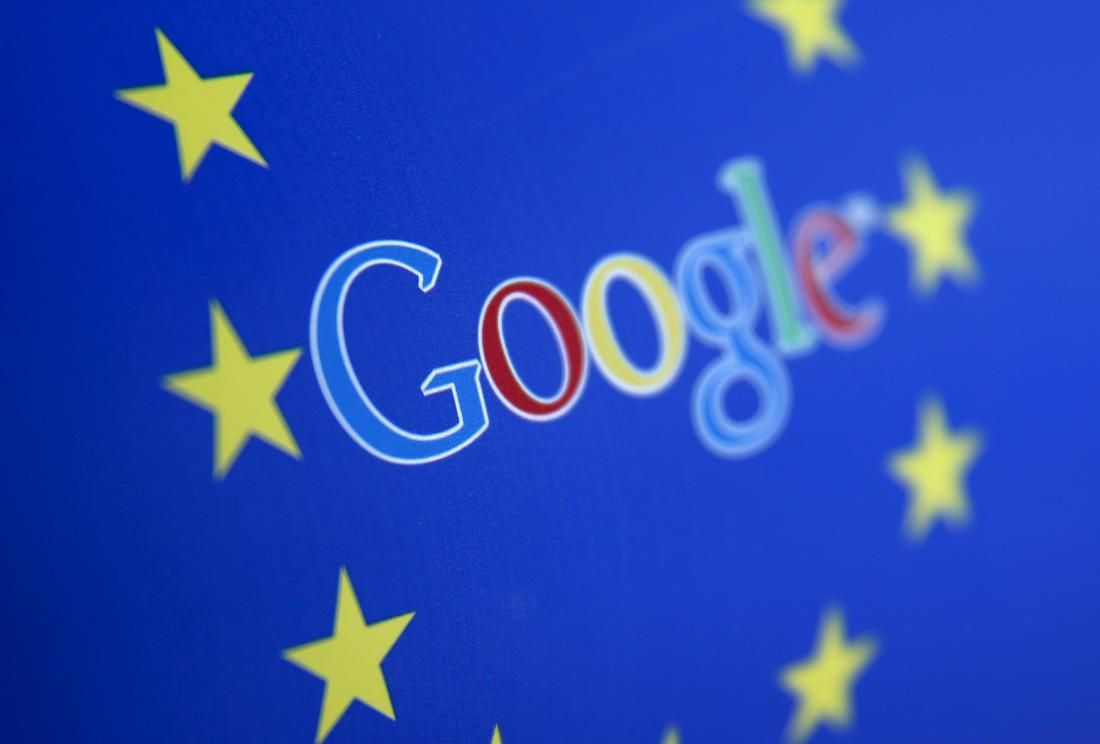Way back in 2018, Google was found to have limited competition through anti-competitive means. Manufacturers who sell devices with Google Play Services installed have to adhere to a strict set of rules. OEMs who fail to abide by these rules will have their Android devices stripped of certification to access the Google Play Store. These rules include what applications must be preinstalled, and back then, Chrome and Google Search were two of these. Google appealed that finding, though the European Court upheld it with one concession -- the fine was decreased from 4.34 billion euros to 4.125 billion euros.
The court said it "largely confirms the Commission’s decision that Google imposed unlawful restrictions on manufacturers of Android mobile devices and mobile network operators in order to consolidate the dominant position of its search engine". The court also says that 80% of smart devices in the EU in 2018 were Android smartphones and that the company had sought to give its own apps an advantage. The court identified the following three restrictions that were seen as an abuse of market dominance:
- "Distribution agreements" require manufacturers of mobile devices to pre-install the general search (Google Search) and (Chrome) browser apps in order to be able to obtain a license to use the Google Play Store.
- "Anti-fragmentation agreements" had to be signed by OEMs under which the operating licences necessary for the pre-installation of the Google Search and Play Store apps could only be undertaken should the manufacturer agree not to sell devices running Android systems not approved by Google.
- "Revenue share agreements" in which the grant of a share of Google’s advertising revenue given to the manufacturers of mobile devices and the mobile network operators concerned was subject to them not pre-installing a competing general search service on a predefined portfolio of devices.
A lot of these problems stem from the initial distribution agreement. Google mandates the inclusion of many of its applications on Android devices. In order to ship an Android device with the Play Store (Android’s largest app market) and Google Play Services (an application that provides key APIs and services to millions of other applications), device makers must sign certain agreements, have their devices pass certain tests, and agree to preinstall a handful of other Google apps. This bundle of applications that OEMs must agree to ship on their devices is called Google Mobile Services (GMS), though there are multiple GMS bundles with more or fewer Google apps. In Europe, OEMs are not required to ship Chrome and Search — contained within the Google App — with the rest of the GMS bundle thanks to this initial ruling in 2018.
Devices without Google's services can struggle to run a lot of apps, and you only need to look to Huawei's devices that come with AppGallery and HMS to see how vital GMS is for some.
The decrease in the fine comes from a partial annulment of the findings of abuse in the revenue share agreement. The General Court identified a "number of errors" here relating to the assessment of essential variables of the "as efficient competitor" test applied by the Commission. This test is to see whether a competitor can offer the same services to the same level as the dominant party. However, that was the only decrease in the fine given, and every other aspect of the ruling was upheld.
Google voiced its disappointment in the ruling through a statement provided to multiple publications.
“We are disappointed that the Court did not annul the decision in full. Android has created more choice for everyone, not less, and supports thousands of successful businesses in Europe and around the world.”

